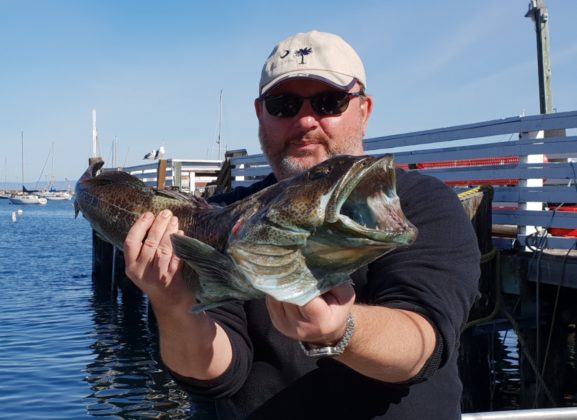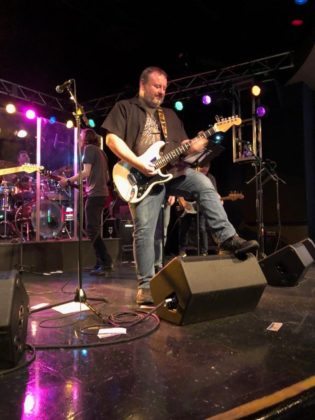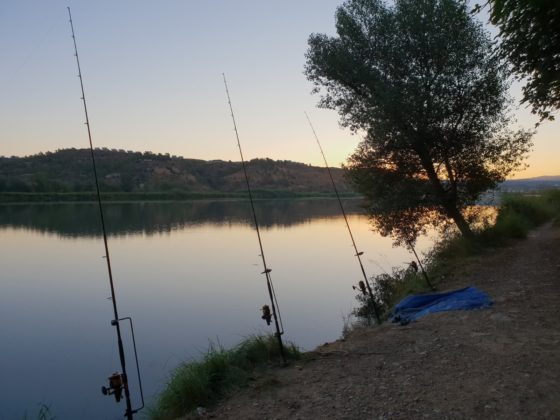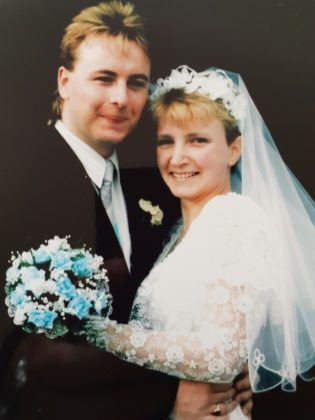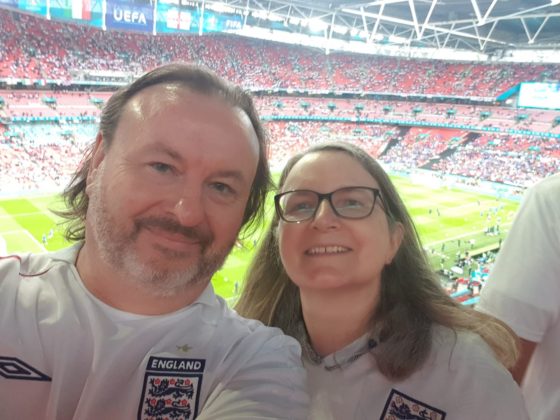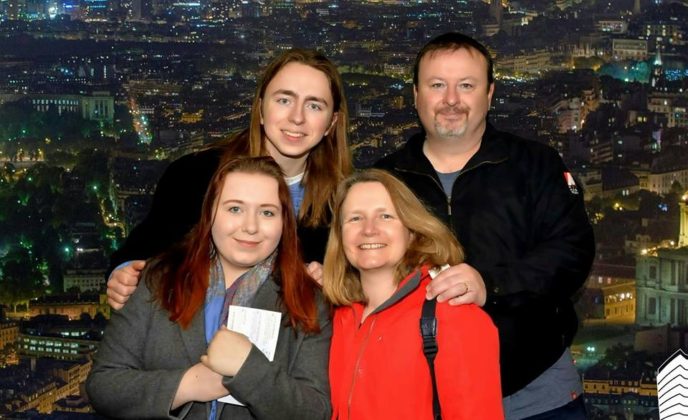 Interview with Martin Dyster, Vice President of Business Development at Telos Alliance.
Interview with Martin Dyster, Vice President of Business Development at Telos Alliance.
– When and where were you born? Who were your parents?
I was born in the UK, in Essex, which is just outside London. The town is called Chelmsford and I was born there way back in 1965. My parents were Pamela and Stanley – mother was Pam and my dad was Stan! My dad was a sales director at a London-based company that sold construction equipment. My mother was a housewife for most of her life. She raised three kids and I was the youngest. She used to do various jobs – she worked as a pharmacist, librarian, in a candy shop… she was happiest when she was a librarian because she loved books.
– Were you a good student? What were your favorite subjects?
I was one of those children that the school said had ‘tremendous potential’, but never fully used it. I did quite well at school, my grades were good most of the time. I used to enjoy history, geography, languages, and technology subjects as well. I was always ahead. In the UK we had exams at 16 called ‘O Levels’, which determine what you do next. I took most of mine a year early and passed them all.
– What languages did you like?
I was always pretty good at French, and I was alright at German. My daughter actually has a master’s degree from Oxford in French and German, so I think it’s somewhere in the genes! She always latched onto languages as well, we’re both pretty good. I just don’t get enough time to use them now, and I have forgotten most of what I knew from school. In England, at least back then, we had to do languages – it was compulsory to do French.
– What did you do after you finished school?
I didn’t go to university, I left school at 16. I joined British Aerospace to do an engineering apprenticeship. My brothers both went to university, but I wanted to start earning money and learn about electronics. This was a different way of doing it. So, I did an electronics qualification during my time at British Aerospace. I was there for five years, learning about air weapons like missiles. I was kind of a junior there, but I went around different departments, so I came out with a quite comprehensive understanding of electronics. I’ve forgotten most of what I learned, but it was a great time to be working for a company like that. They had 10 places and 3,000 applicants, and I got in!
– How did you get into the broadcasting industry?
I was always interested in music. I taught myself to play guitar and got into bands as soon as I could. I always had this fascination with recording music. I would listen to music with headphones and start to take apart how it was done, the different layers of music. I thought I had an electronics qualification, I enjoy music technology, so I should look for a job that brings those two together. I saw an advert for a company called Phillip Drake Electronics, that said that they were in broadcast audio. It would have been around 1987, and I applied for a job as a test engineer. I got the job after an interview, and it was my first job in broadcast audio. The company, ‘Drake’ for short, made intercom systems for the broadcast industry. I went into the test department, and quickly got involved in systems and project engineering. Even though it wasn’t music, it was still audio. It lit a fire in me, a passion for audio. That was my next job after British Aerospace, and I was there for three years.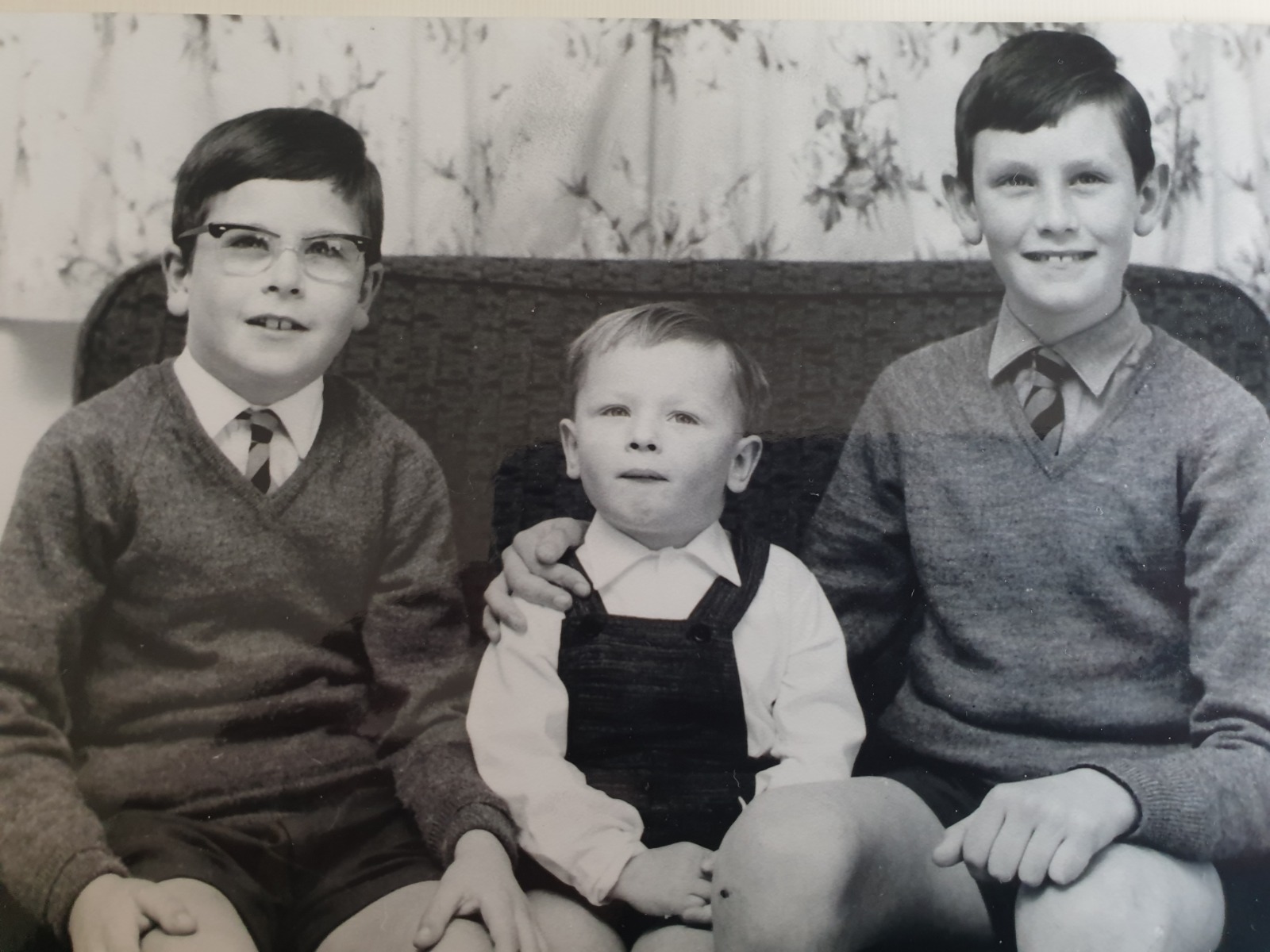
– Why did you leave that job?
My band at the time had gone into a recording studio to do some recording work, and the studio engineer was leaving. He asked me if I would like to take his joband become a recording studio engineer. This was the dumbest thing I’ve ever done! I thought I was going to be the next big record producer. I went and did that job for around a year and a half, but around 1990 the UK went into a major recession. The UK studio shut, and I couldn’t get work for six months. I ended up working at a company called BSS Audio, which is now part of Harmon. I worked for BSS for three years, and I went all the way back to being a test engineer at the start. After three years I had been promoted to production manager. Again, this was an audio company, so I had stayed within this field.
– What were your main responsibilities there as production manager?
I was responsible for the day-to-day manufacture of their products. I made sure that we built the right products every day, according to a schedule. I was responsible for the test department, quality control, managing those teams to make sure the right products went out to customers. I held that position just at the very end, for the last three months or so.
– Why did you leave this company?
I left BSS after it was bought by Harmon. Harmon took over, and I didn’t want to work for a big company like that. At the time, I got a phone call from a former colleague who asked me if I wanted to get back into broadcasting. This was for a company called MegaHertz Communications. It was a joint role, to help build their products business, and do more systems integration work – building TV studios, and things like that. I took that job and went to work for MegaHertz.
– Was this a UK-based company?
We were based in the UK, but we worked all over the world. For example, during that time I spent six weeks in Moscow, working on a studio called TSN, which provided news for TV6 in Moscow. I designed the audio and communications systems for TSN. I installed all the equipment, did allthe quality control, testing… That would have been around 1997.
– Do you remember what your most important project was?
That project in Moscow was important because it was complex and far away from home. It was freezing by the time we had finished in November. It wasn’t easy. I worked on a lot of projects with MegaHertz, and they were all about learning and building relationships. Relationships with suppliers, getting to know the manufacturers and understanding their products, learning about the industry.
– How long did you work there?
I was there until the summer of 1998. From 1994 until 1998.
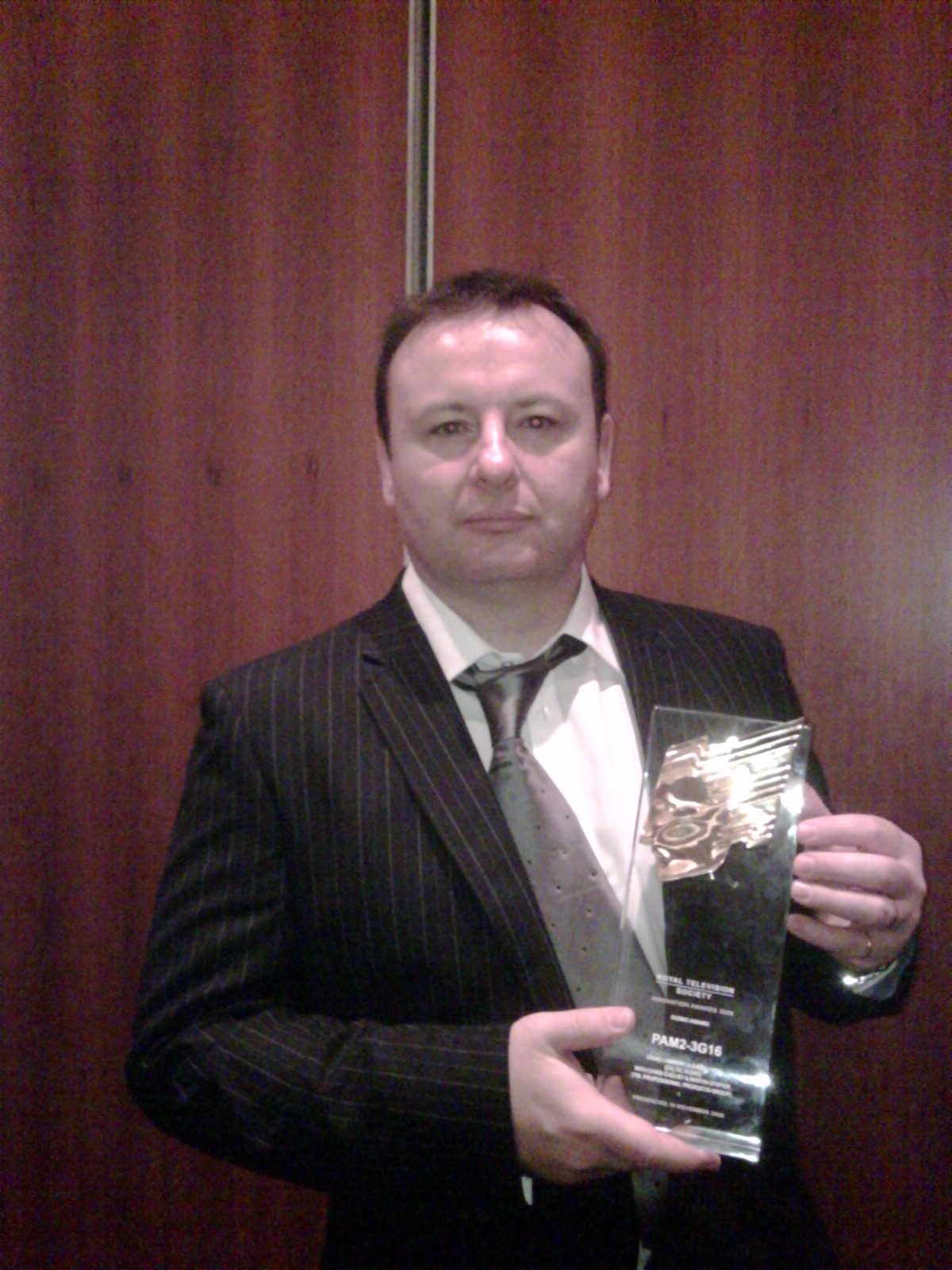
– Where did you go after this?
I went to another UK-based systems integrator called TSL. I was a project engineer when I joined. I was responsible for audio system design, and communication system design. I had the specialization to do both of those things. This is similar to what I did at MegaHertz, but arguably at a bigger and busier company. As soon as I joined, I immediately went to the BBC. I spent around the next three months there helping to build their news facilities at the old television center in London. With TSL, your feet never really touch the ground, you always move from project to project. You also get to travel around the world. The BBC was an interesting place to work, but a very demanding customer.
– What kind of work did you do abroad?
I put an intercom system in for TV New Zealand down in Auckland. That was a challenging project because we had to put the system into a live broadcast facility – change out their entire intercom system while they were still broadcasting andkeep them on air. That was a month in New Zealand. Only three of us went there, so we had to have a very solid plan to create the system. I also worked in Bangladesh for a month, in Dakar. That was a TV studio called Ekushey TV, for which we were building two studios, six edit suites, audio posts, master control, all the audio and comm systems to get them on air in time. I also spent six months in Portugal in 2003-4, building a new facility for RTP in Lisbon. I’d have to look at my CV to remember all the projects!
– Do you have a memorable experience from your work there?
The strangest thing I ever did was when I was in New York at a trade show, and my boss at TSL called and said I needed to do a presentation in Manila in the Philippines on Friday! It was Monday in New York, and I needed to be in Manilla by Friday morning. This meant I would have had to leave Wednesday morning at the latest because they’re on the other side of the international date line! I traveled all the way across the pacific and presented for 30 minutes. I flew all the way home through the other side of the world, so I had flown around the world for a 30-minute presentation. It was a very interesting job, though very tiring.
– How long did you work at TSL and how did your career develop there?
I worked there for 16 years. At TSL, I initially worked in systems integration, but I ended up moving into more of a management position. After I had been there for about 10 years, one of the owners suggested that I get involved in the product side of the company as well. TSL manufactures products, they have a whole range of products within a separate company. I started working more and more in this area, and I eventually became an executive director within TSL products. I was there for a total of 16 years and went from being a product engineer to being on the board of directors.
– Did you work on getting other people into the industry?
I’ve always concentrated on communications and audio systems; I’ve always been an audio man. As the business grew, we needed more people that could work in that area. So, we started recruiting graduates from university. I would always look for graduates who had an interest in audio. I looked for people like myself, who had their own recording studios and so on. I figured they would have the same kind of passion. It worked out quite well, we found people who had that kind of mentality and trained them.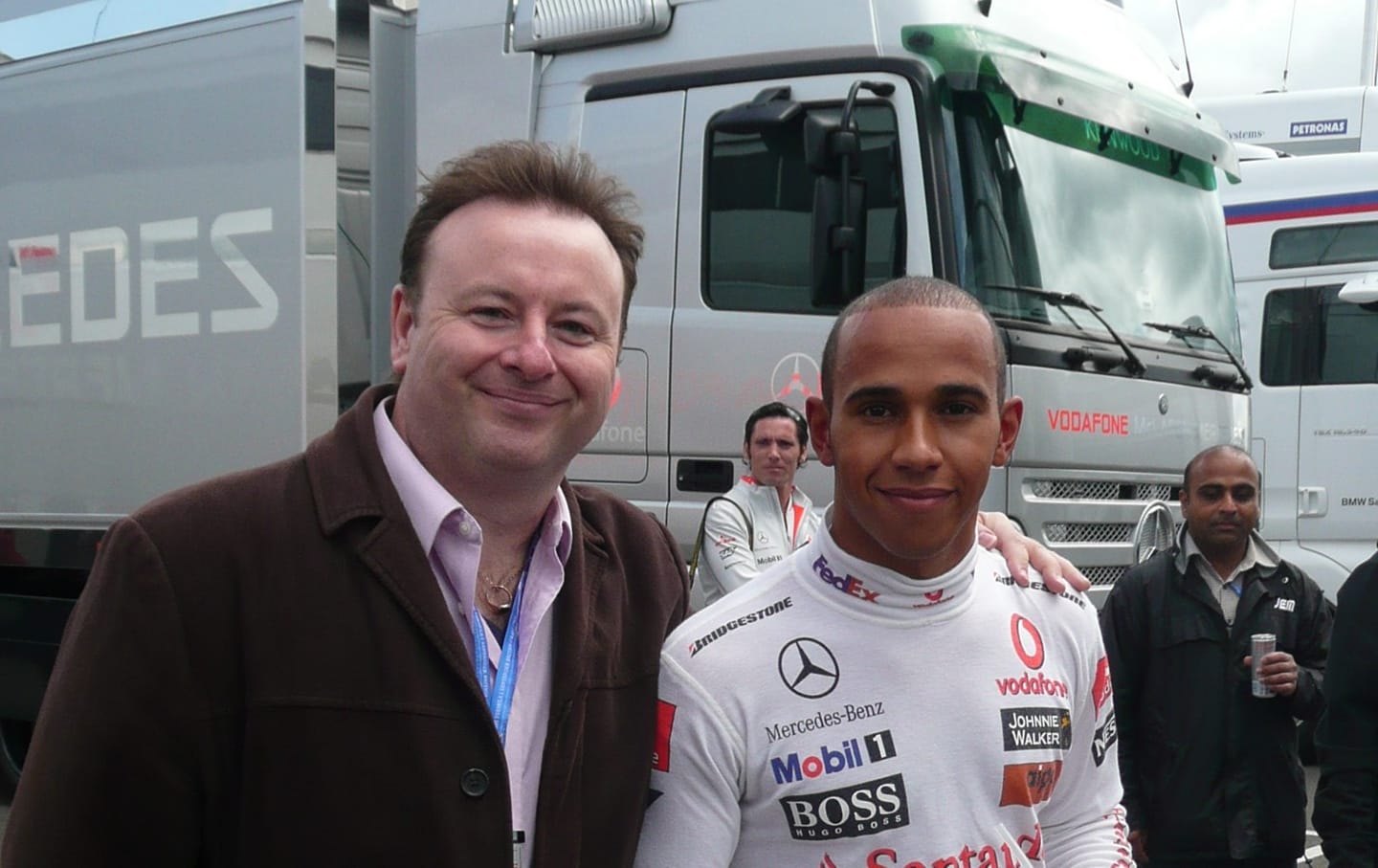
– Why did you leave?
I left in late 2014 because I was looking for a challenge. I needed something new, I had done everything I could at TSL. We built a brand, and it was starting to sell internationally. At NAB in 2014 a friend from the industry asked me why all intercom manufacturers insisted on building systems with a big central matrix. You could build a system with no matrix based on a distributed model. He asked if I would be interested in building a product like that. So, I said why not? Telos Alliance was looking for someone to head up the development of an intercom product, and I went to the US and interviewed with them. I got offered a position, and I have been there since November 2014, working with the Telos team.
– What do you do at Telos?
I have been building the Infinity IP Intercom system and helping the company’s TV business develop. In my role as the Vice President of business development for the TV side of the business, I have been helping that grow. Telos is well known as a company with a history in audio over IP. They have made their name in the radio industry, building audio over IP solutions. I came in with a lot of experience in audio and fell into a team of people who had this skill set in audio over IP but didn’t know television. By putting the two together, we got the ability to build these great products that we have been able to create within Telos.
– Can you compare the mentality of UK companies and US companies, since you have spent some time in both?
There are some similarities. One of them is that – certainly with TSL – they had a very specific work ethic. Nobody has a job description; you do everything you need to do to get the job done. I think that comes with being experienced and in a senior position, your job description doesn’t mean anything. You work the hours that you have to work. I think American companies are like that as well, they have that work ethic. You just get on with the job. Again, I think this is at a certain level – this doesn’t happen in every position. If you are career-minded and committed, that is the way that you operate.
– What are some of the differences?
The Americans below management level can be very regimented about what people’s roles are within a company. I think in the UK it is not quite so much like that. Americans also don’t get much vacation time, whereas in Europe and the UK you do. It is culturally quite different. We have a different sense of humor, of course – the British are quite sarcastic sometimes. There are differences there, and you have to learn about them. I spent a lot of time with TSL working in America and got to understand the culture better. So, when I moved to a US company, I already had a lot of contacts and knew how to operate there.
– Is it exciting to work for this company?
Yes, it’s an interesting place to be. We are right on the cutting edge of technology. We have just launched a new product, Telos Infinity VIP, which is a cloud-based communications system. We have launched a cloud-based audio mixer as well, so we are building technology solutions that are at the very leading edge of what you can do with audio technology. For me, that’s hugely exciting. I get to do what I like doing best: bringing these products to market, talking to customers, and solving their problems.
– What is your life like outside of work?
I still have my love for music. I play guitar, I am in a couple of bands at the moment. We are not able to practice because of the pandemic, but we will start playing again soon. This is an inspiration for me when I get the time. When I’m traveling it is very difficult to do that. I like fishing as well, so I go fishing a lot.
– Can you tell us a bit about your family?
I have a son and a daughter; they have both finished university and are working. My daughter is in languages, and she works for the University of Oxford now. She graduated from Hertford College and now works for the music faculty there. My son lives in Birmingham, and he has a music degree. He graduated with a degree in performance, as a double bass player, from Birmingham Conservatoire. He is now head of media production for an online music education service. He manages the video production crews that create content for online lessons. He does video editing, audio editing, looks after their IT facilities… so, he’s followed me a little bit. It makes me very proud.


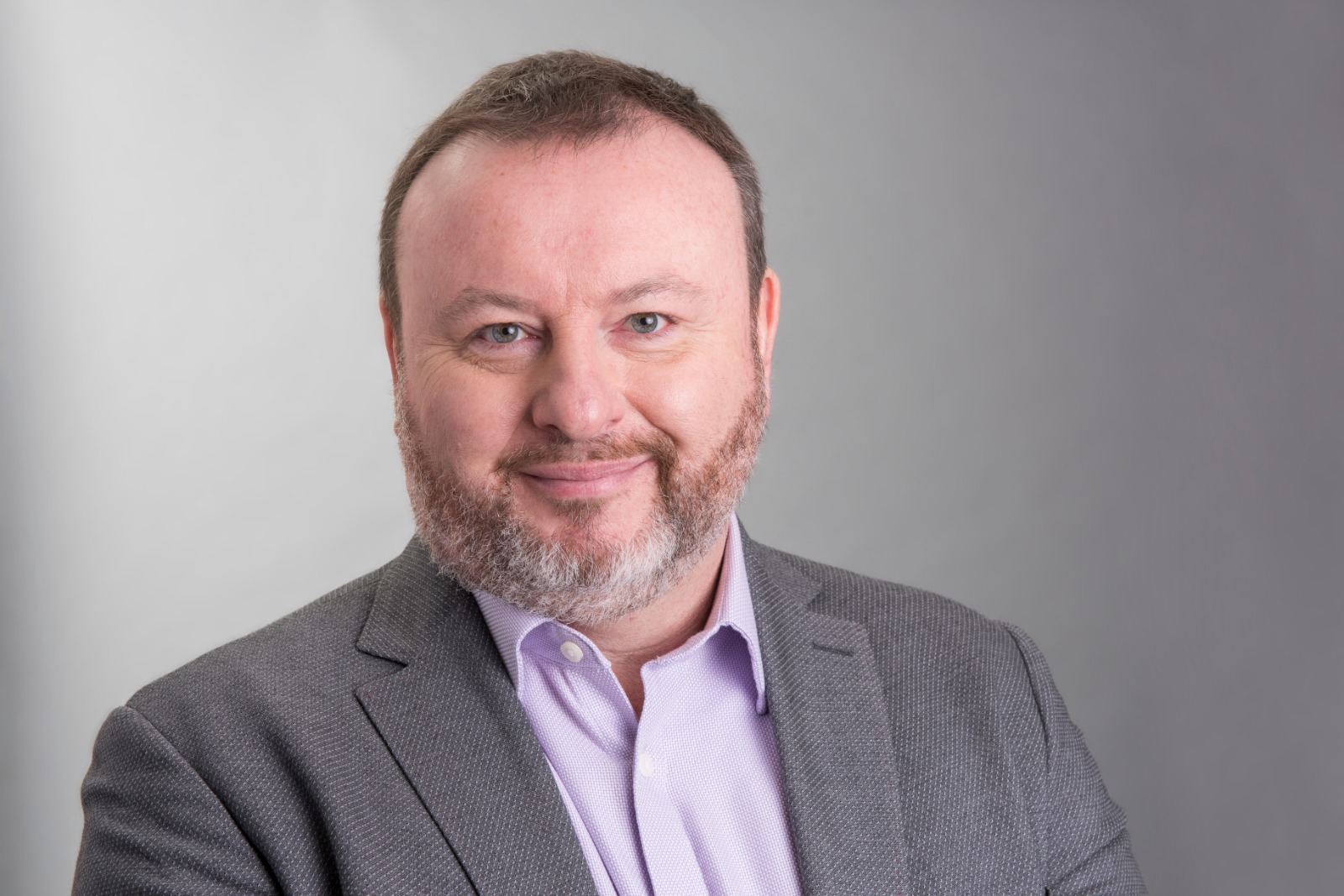 Interview with Martin Dyster, Vice President of Business Development at Telos Alliance.
Interview with Martin Dyster, Vice President of Business Development at Telos Alliance.